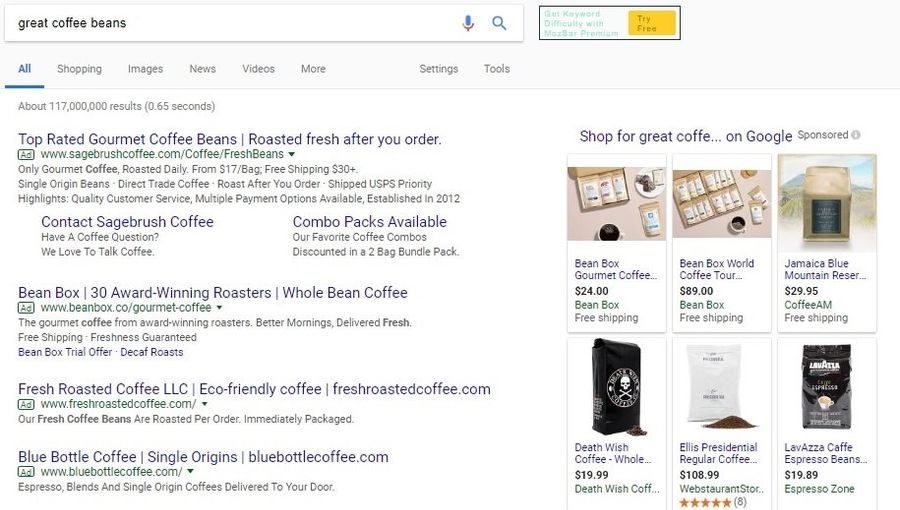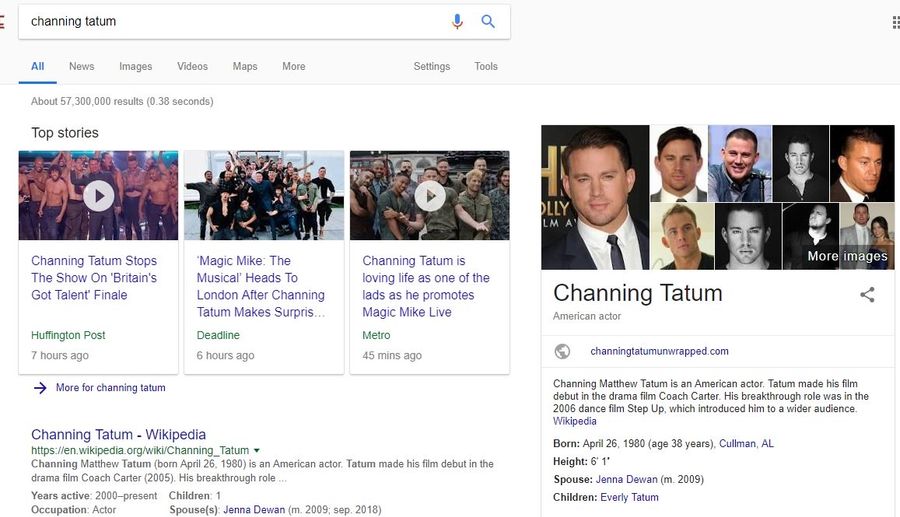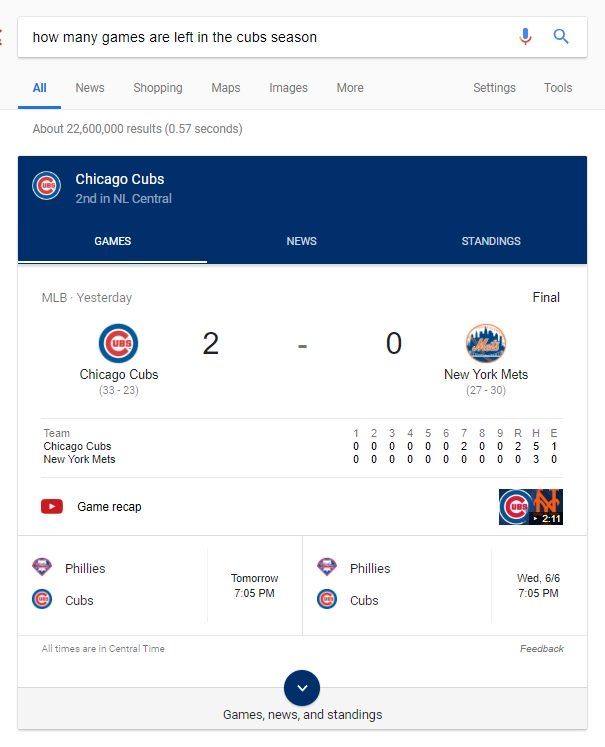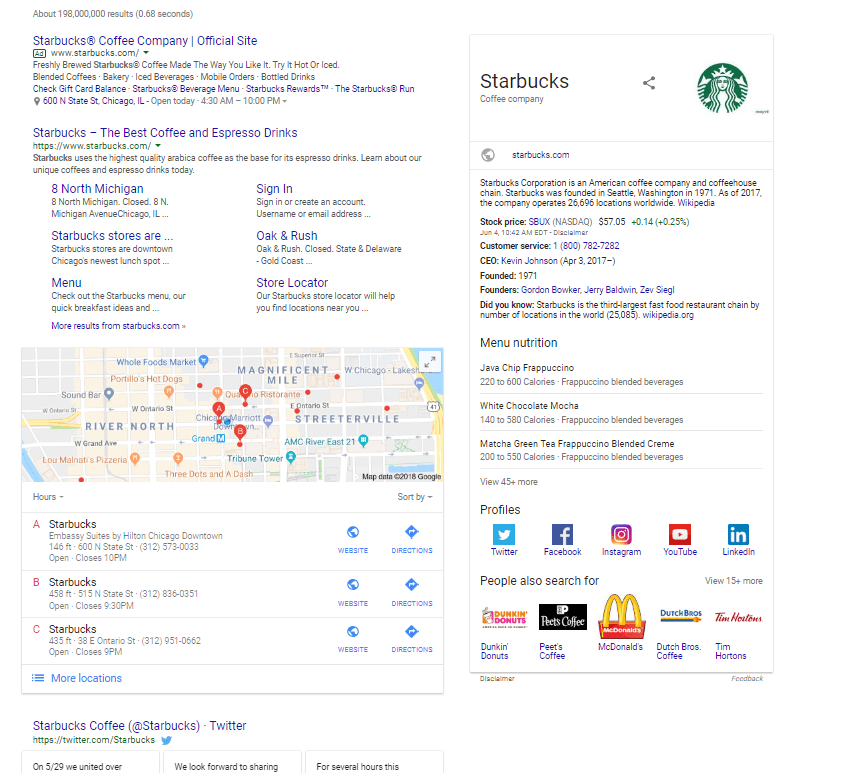Get to Know Google’s Knowledge Panel
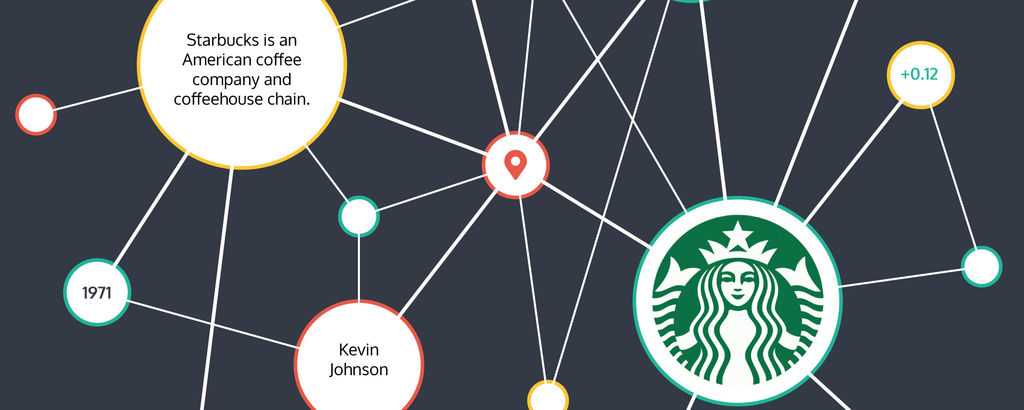
A new business opportunity is in town – and it’s made for more than displaying ‘Top Stories’ related to Channing Tatum, his life, his inspirational quotes on cheeseburgers, and his list of movie accomplishments.
Google is trying to improve user experience by optimizing the Search Engine Results Page (SERP) to bring you what it feels is the only information your search needs. Google’s goal? Eliminate the user’s need to click and search for relevant information.
Depending on the device, there are several things happening at once – so keep reading to learn more about what KP is, how information is organized, and how businesses can turn this “knew” opportunity into traffic.
What is Google’s Knowledge Panel?
Typically, a Google search for “great coffee beans” would bring up this page. When looking above-the-fold, there are both Search Ads and Shopping Ads (which take up the first 4 and 6 ‘real estate’ spots, respectively).
Increasingly, these prime real estate spots have been condensed into one panel located at ‘spot zero’. The Knowledge Panel (KP) was implemented by Google in 2012, but hasn’t been at the SERP’s forefront until recently. The Knowledge Panel comes in many forms – infographics, rich text snippets, and, for businesses, local & brand.
Whether I’m searching for the latest and greatest on Channing Tatum or the Chicago Cubs, the KP tries to bring me the information I need (and even the information I didn’t think I did).
This feature is powered by the Google Knowledge Graph, which gathers structured data from within your site and Google My Business profile to provide optimized info on distance, prominence, and relevance for consumers.
Business: local vs. brand
When it comes to business, Google has made sure to optimize for small and large companies, alike. When searching for Starbucks, Google will show me where the nearest store is. But it’ll also provide higher-level information such as a Wiki page link and snippet, stock price, current CEO, menu, profiles, and competition.
Compared to Starbucks, most brands aren’t big enough to receive their own high-level ‘brand’ panel, so the KP caters to the local pool of businesses based on proximity and rating/reviews.
The pros of becoming a pro
There are some hesitations when trying to navigate the Knowledge Panel, but taking advantage of ‘spot zero’ can mean even more reach and engagement than before. As more and more searches are made on mobile (over 70%!), the KP provides a great chance to be among the only businesses a user will see. This opportunity is even more valuable as above-the-fold real estate becomes entirely dedicated to the Knowledge Panel.
The Knowledge Panel is great for user experience. It’s accessible, customized, cross-device, immediate, and ultimately increases engagement. Businesses that were originally vying for the top 1-4 spots in the SERP are now vying for ‘spot zero’. Businesses with the best reviews and most relevant content are greatly rewarded.
Additionally, with the onset of home voice-search devices like Alexa and Google Home, it’s imperative to optimize your Google My Business profile. The results of voice search are similar to Knowledge Panel results – but even more condensed. Because the consumer is more likely to use a home voice-search device than pull out their laptop, data should be optimized for voice queries. But this also means that data should be engaging enough to grab attention from someone who’s moving around their house.
So, what do we recommend?
Schema.org is the name of the game, ladies and gents. It extends the Knowledge Graph, it optimizes your site information, and it hosts the collection of structured data markup schemas that help SERPs pull out relevant information. The easier it is to get relevant content to the user, the better for them (and the better for you).
Beyond using schema, we recommend implementing structured data on your website using Google Search Console, analyzing your URL with Google’s Structured Data Testing Tool, creating tags for your site on Google Tag Manager, and last, but certainly not least, taking care of your Google My Business Profile.
Whether you’re targeting desktop users, mobile devices, or voice-search devices like Alexa or Google Home, you can drive engagement by getting your business to the forefront of search.
—
For information on voice search, Schema, mobile and more, check out our blog.

Originally from Walnut Creek, California, Caroline Rabourn came to Chicago for school. She’s a senior at Northwestern University and she dreams of riding in a hot air balloon, seeing the Northern Lights, and floating in the Dead Sea.

